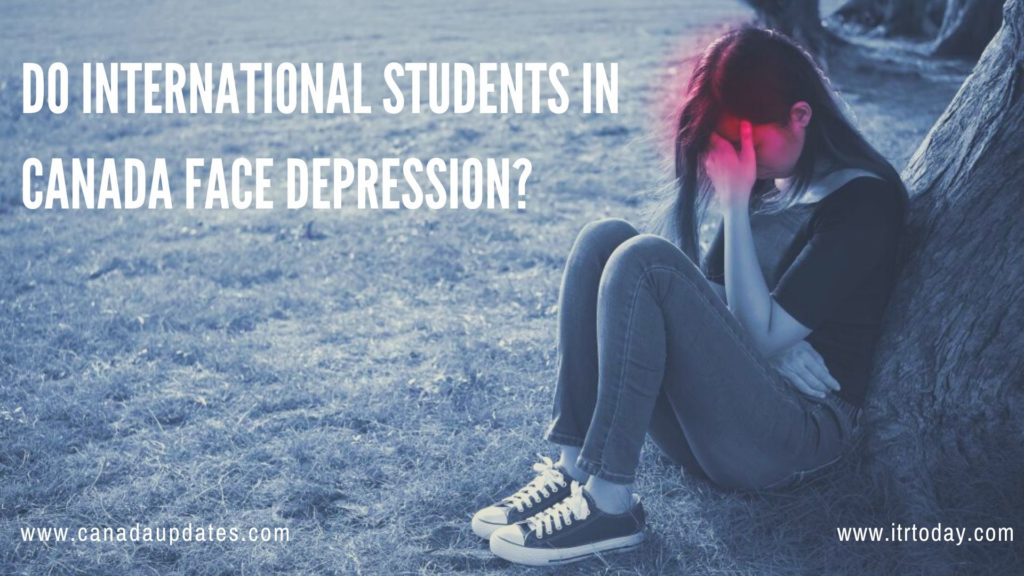Nowadays, international students who immigrate to Canada for study are disproportionately subjected to depression and anxiety. Many of these students face depression as the most significant obstacles to their studies.
In today’s scenario, depression is a common problem among students across the globe, especially among international students immigrating to popular countries such as Canada. Travelling and studying abroad affects many aspects of a person’s life such as their mental health and focus on studies.
International students are generally nervous when coping with a completely new lifestyle, academic demands, financial difficulties, work-balancing stresses and research responsibilities and relationship issues.
Depression in International Students
It takes courage to study abroad. It demands that a young person leaps into the unknown. The irony of studying abroad is that a young adult is being brought out of their comfort zone.
Also, in many instances, delving into a whole new way of living and perceiving the world takes time for that shift.
Are International Students Happy being in Canada?
Recent research claims that over 43,000 Canadian university students approximating to almost 66 per cent of the total reported feeling “very lonely” over the last year.
Besides, within the past two weeks, some 30 per cent of students felt “extremely lonely”, and a staggering 44 per cent said they felt “so sad that it was difficult to work” in the past year.
Common Mental Issues Faced by Students
Researchers say that the most common issue faced by international students is the adaptability to the new environment. Let’s discuss some problems faced by students.
Homesickness and Cultural Shocks
On arrival, international students face a ‘culture shock’ and a series of new responsibilities that include overcoming language barriers, locating housing, finding homes, paying rent, learning how to run a household and also studying.
Students also have concerns communication while making friends, expressing opinions during group assignments or using skilled health care services.
How Common is Depression?
Depression is the most common mental disorder that international students face. The symptoms are usually common in adolescence. It is characterized by change of mood, recurrent depression or lack of interest, followed by unfavourable changes in appetite, sleep, concentration, or strength, as well as agitation, sluggish thinking and activity, or suicidal thoughts.
Financial Problems and Academic Stress
Rising costs and the management of household finances causes international students to adapt to the new learning environments, styles of study and structures.
Also, those who receive financial support from home feel extreme pressure to succeed or academically achieve while studying abroad. Students who cannot shine in academics face depression leading to mental illness.
How can Students Cope up with Depression and Stress?
Guidance Department within the Universities
As an option, universities appoint counsellors within the campuses. Taking help from these experts benefit students as they can share their problems and find the right solution on time.
Another option is selected educators who are more aware of student’s situations. Educators do provide a positive impact on students’ mental health.
Finding a Support System
Almost all the major travel agencies and agents provide a sound support system to their students. Acting as an immediate point of contact with students, other than travel insurance, some of the established ones do provide adequate guidance to students on stress-related issues.
Other Ways to Keep the Depression Away
- Maintain a good relationship with students who are from the same country. This will help in growing networks and will help to express and share your thoughts.
- Please connect an meet with up with your colleagues and families who are locally settled. Enjoy your time with them by spending vacations and frequent hangouts.
- To be mentally and physically active, do regular exercises and have a healthy diet.
- Explore new places and get to know the area, or get yourself a pet so that you won’t feel that loneliness.
Finally, students must understand that facing stress and depression depends on your experience, your level of tolerance and your mental attitude towards the environment. A positive way to look at issues will surely help.

